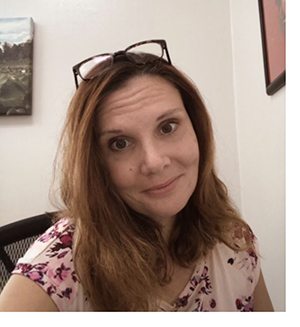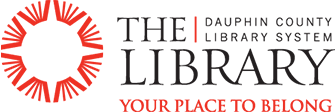 Dr. Ursula Gorham attended law school at the turn of the 20th century, when information access was transitioning from paper-based to electronic. But her first job after law school involved a lot of intense research in a courthouse library straight out of central casting.
Dr. Ursula Gorham attended law school at the turn of the 20th century, when information access was transitioning from paper-based to electronic. But her first job after law school involved a lot of intense research in a courthouse library straight out of central casting.
“I had to go down circular stairs,” she says. “Everything was dusty and hadn’t been touched. I have always felt at home in the library through various stages of my life.”
Gorham is The Library’s Authors & Innovators Series speaker, giving a July 21 Zoom presentation on the role of public libraries in combatting disinformation and empowering communities.
What are you reading? I am not someone who can read multiple things at once, but I can do one fiction and one nonfiction at a time. The nonfiction is “The Power of Less: The fine art of limiting yourself to the essential . . . in business and in life,” by Leo Babauta. The fiction is “Eight Perfect Murders,” by Peter Swanson.
Why those books? I’m a wannabe minimalist. I have been intrigued by the minimalism movement, and I’ve incorporated a little bit of it, but not enough. I have trouble saying no to opportunities at work, so I’m trying to figure out how to simplify things a little. In fiction, I am a true-crime nut. I don’t even know what you call the genre, but I love books like “Girl on the Train.” They allow my mind to go somewhere else and relax. “Eight Perfect Murders” appealed to me because the blurb on the back talked about the premise of a murderer replicating murders from literature and film. They mentioned an Agatha Christie book, and my mom was a huge Agatha Christie reader. It’s fun.
What do libraries mean to you personally? Like many people, I grew up using libraries and doing summer reading programs. Even when I was in law school, I used the library as a community place and an opportunity to hang out with friends and study and get through some intense classes. When my kids were young, I brought them to storytime. Even now, I will go to the library when I need time to get some writing done. To me, the library is what you want it to be, and that’s why I keep going back to this idea of them as an access point. The types of information they connect us with as human beings is growing. It’s not lessening. Like any librarian out there, I react very strongly when people question the relevance of libraries today. To me, they are more important now than ever. They may not look like what we remember as kids, but that doesn’t lessen the value of what they do.



